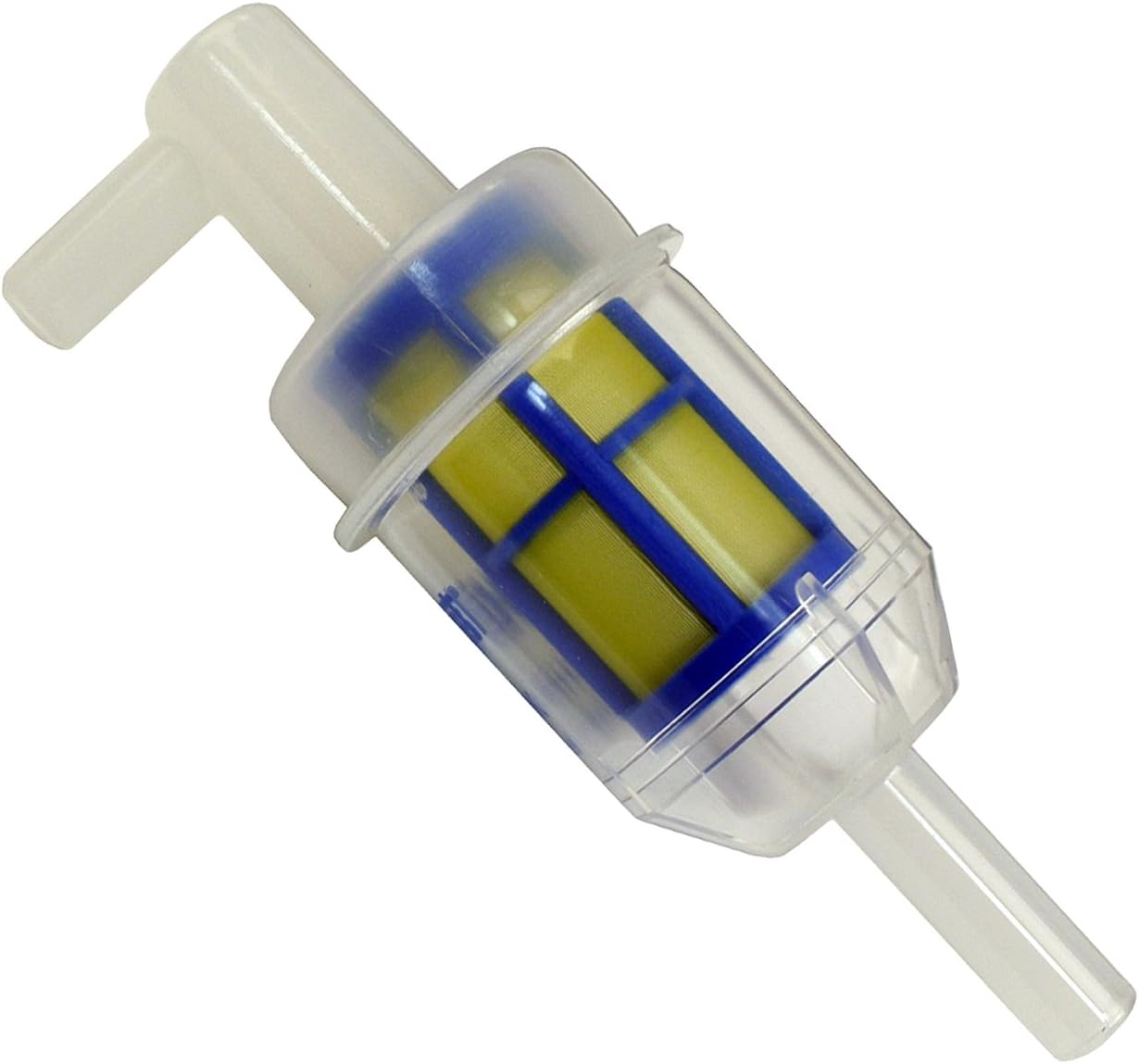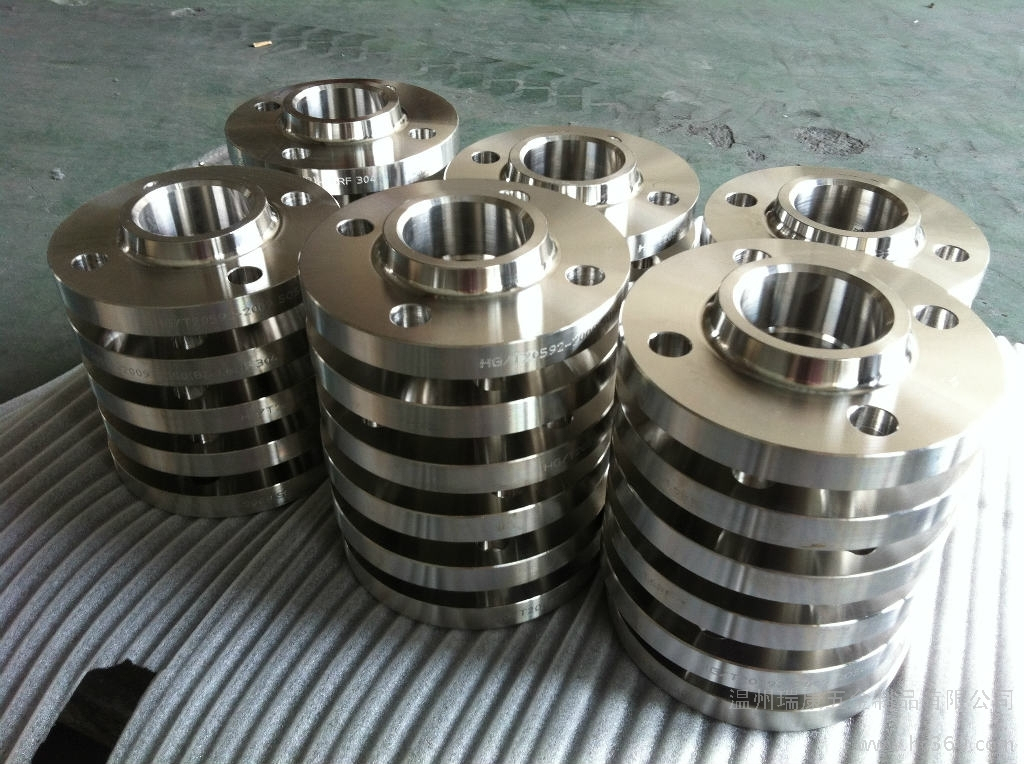In the intricate world of internal combustion engines, fuel is the lifeblood that powers their every movement. However, fuel is not always pristine; it can carry contaminants like dirt, debris, and most importantly, water. This unwelcome intrusion can lead to severe engine damage, reducing performance, and increasing maintenance costs. To safeguard your engine from these threats, fuel filter water separators stand as an essential line of defense.
Water in fuel, even in small quantities, can wreak havoc on your engine. Here’s how:
- Corrosion: Water accelerates corrosion in the fuel system, leading to rust and pitting in metal components.
- Microbial Growth: Water provides an ideal breeding ground for bacteria and fungi, which can clog fuel filters and injectors.
- Engine Damage: Water can cause hydrolock, a condition where water enters the cylinders and prevents the piston from moving, potentially leading to catastrophic engine failure.
The Role of Fuel Filter Water Separators
Fuel Filter Water Separators are specially designed devices that effectively remove water and other contaminants from fuel before it reaches the engine. They typically consist of two primary components:
- Filter Element: This component traps dirt, debris, and other solid particles, preventing them from entering the fuel system.
- Water Separator: This component utilizes a special filter media that repels water, allowing it to collect at the bottom of the separator. A drain valve is provided to periodically remove the accumulated water.
Types of Fuel Filter Water Separators
There are several types of fuel filter water separators available, each with its own advantages and applications:
- Spin-On Separators: These are the most common type, featuring a cylindrical design that screws onto the engine block or a dedicated mounting bracket. They are easy to install and replace.
- Rack-Mounted Separators: These are larger units typically found in commercial and industrial applications. They offer higher filtration capacity and are often integrated into fuel filtration systems.
- In-Line Separators: These compact units are installed directly in the fuel line, providing a convenient way to add filtration to existing systems.
Benefits of Using a Fuel Filter Water Separator
- Engine Protection: By removing water and contaminants, fuel filter water separators significantly reduce the risk of engine damage and costly repairs.
- Improved Fuel Economy: Clean fuel ensures optimal engine performance, leading to better fuel efficiency.
- Longer Engine Life: Regular maintenance of the fuel filter water separator helps prolong the life of your engine.
- Peace of Mind: Knowing that your engine is protected from water and contaminants can provide peace of mind.
How to Maintain Your Fuel Filter Water Separator
To ensure optimal performance, it’s essential to maintain your fuel filter water separator:
- Regular Inspection: Check the separator for signs of damage, leaks, or excessive water accumulation.
- Water Draining: Periodically drain the accumulated water from the separator.
- Filter Replacement: Replace the filter element according to the manufacturer’s recommendations or when it becomes visibly dirty. Also read it
Conclusion
Fuel filter water separators are an indispensable component of modern fuel systems. By effectively removing water and contaminants, they play a crucial role in protecting your engine, improving performance, and extending its lifespan. Investing in a high-quality fuel filter water separator and maintaining it properly is a wise decision that will pay dividends in the long run.



